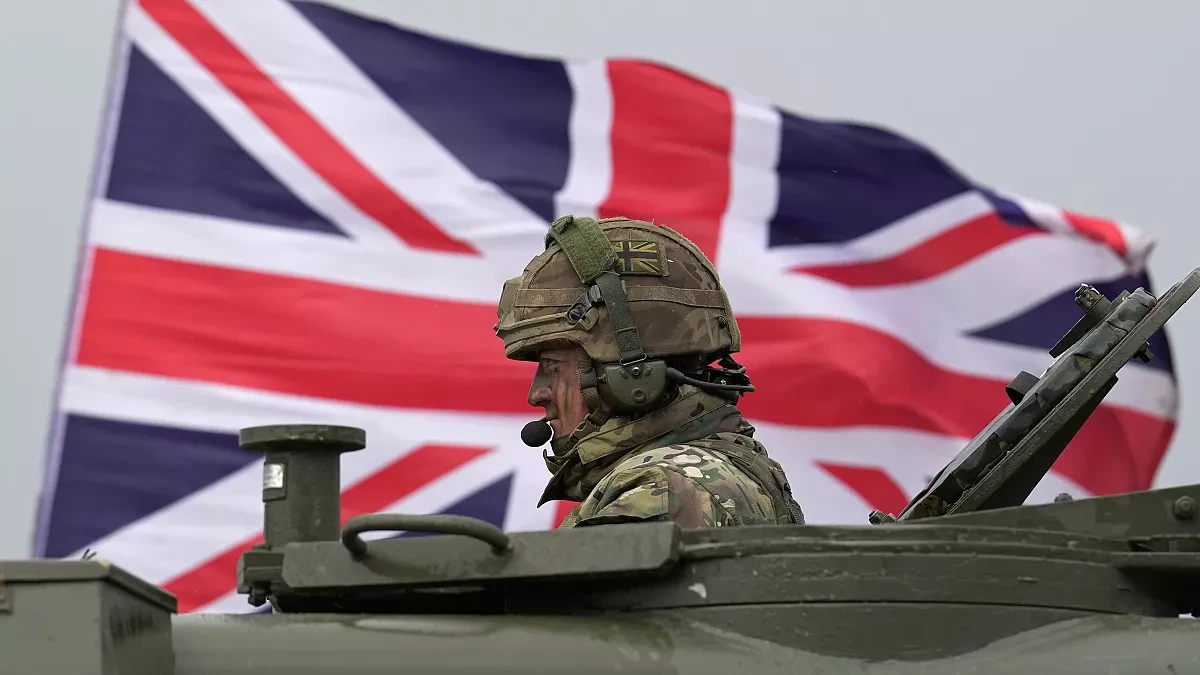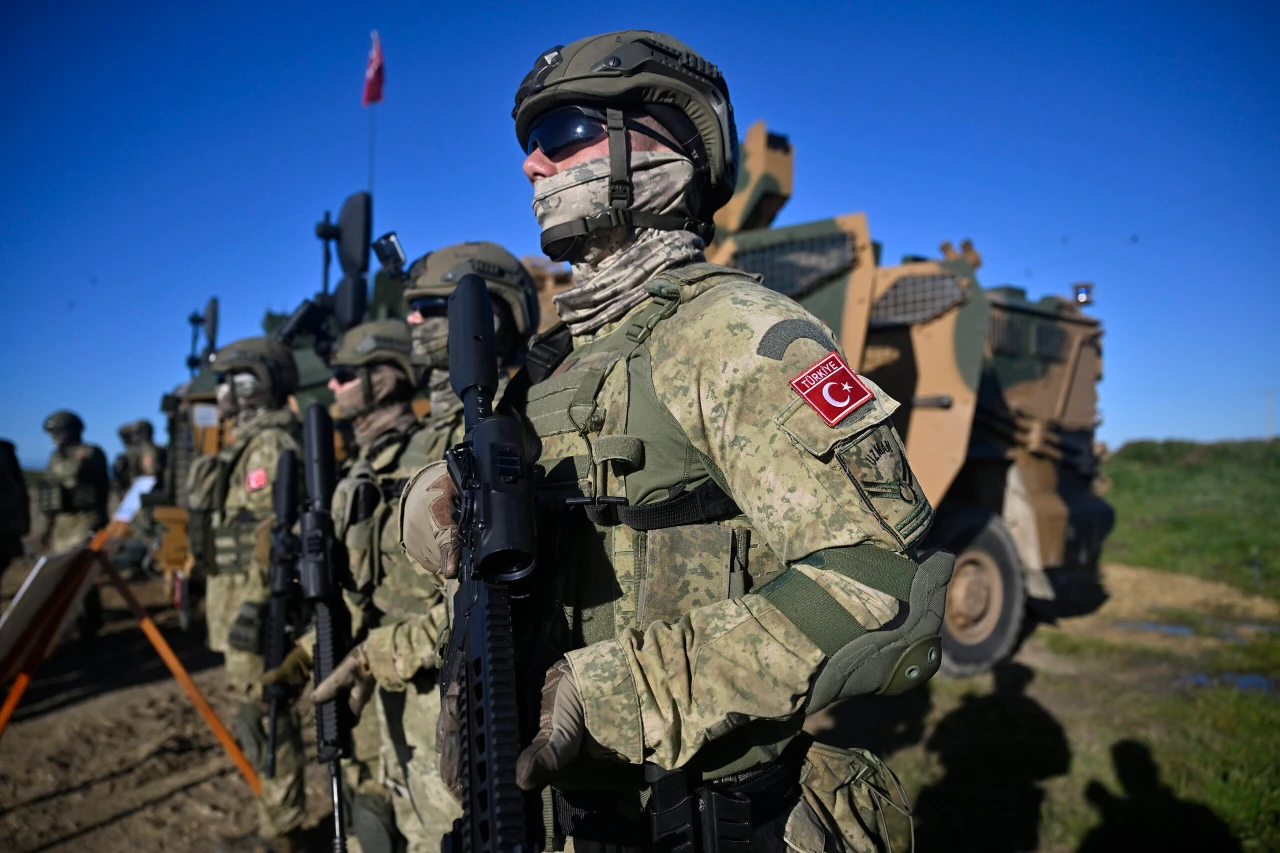3-year window to prepare for war, says UK army chief
 British Army soldier in an armored vehicle (Kin Cheung via AP Photo)
British Army soldier in an armored vehicle (Kin Cheung via AP Photo)
The British Army must modernize within three years to prepare for potential conflicts, according to General Sir Roly Walker, the new head of the British Army.
Speaking at a British Army conference, Walker emphasized the urgency of reforming the army to address emerging geopolitical threats from Russia, China, Iran and North Korea.
Urgent modernization required
General Walker, who assumed his role in June, outlined a comprehensive reform program to enhance the British Army’s capabilities for modern warfare.
He termed his initiative a “not-war plan” designed to bolster the U.K.’s military power and ensure its ability to deter adversaries effectively.
“We are not on an inexorable path, but we have an absolute urgency to restore credible hard power to underwrite deterrence,” Walker stated.
Key geopolitical threats
Walker highlighted the converging threats from Russia, China and Iran as primary reasons for the urgent modernization.
He warned that Russia, regardless of the outcome of the conflict in Ukraine, would remain a significant threat, seeking retribution for the support provided to Ukraine by many countries.
“The lesson from history is that the Russians don’t forget, and they will come back wanting retribution for the support given to Ukraine,” Walker said.
He also pointed to China’s ambition to have a military option for Taiwan by 2027-28 and Iran’s nuclear capabilities as critical factors necessitating the three-year timeline for military reforms.
Enhancing military capabilities
Walker’s reform plan aims to double the British Army’s lethality within three years and triple it by 2030. This involves shedding the “big army mindset” and integrating advanced technologies powered by artificial intelligence.
Walker envisions an “internet of military things” allowing the British Army to sense threats from greater distances, make faster decisions, and deliver effects over longer ranges with fewer munitions.
“This is not science fiction,” Walker said. “If we can double then triple our fighting power, any British land force will destroy a force at least three times its size and keep doing that.”
Addressing challenges
Despite acknowledging numerous challenges, Walker remains optimistic. With the British Army currently at its smallest size since the mid-19th century, Walker argued that modern technology and intelligent ammunition, such as drone swarms and precision missiles, make raw troop numbers an outdated measure of military effectiveness.
“Some still believe that raw troop numbers alone determine fighting power. That is out of date,” Walker asserted. “I don’t need any more troops and I don’t need any more money.”
Government commitment
Walker’s remarks come as the U.K. government reviews its military capabilities. It has committed to increasing defense spending to 2.5% of gross domestic product (GDP), up from the current 2.3%.
His sobering assessment underscores the pressing need for the U.K. to enhance its military readiness in the face of evolving global threats.



